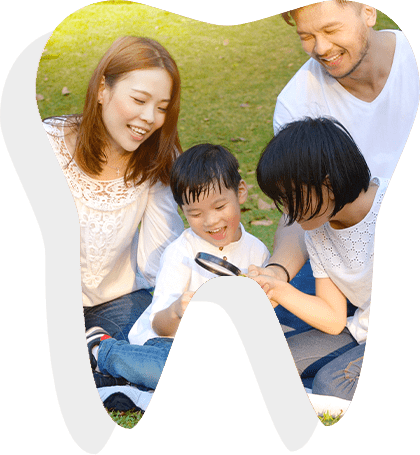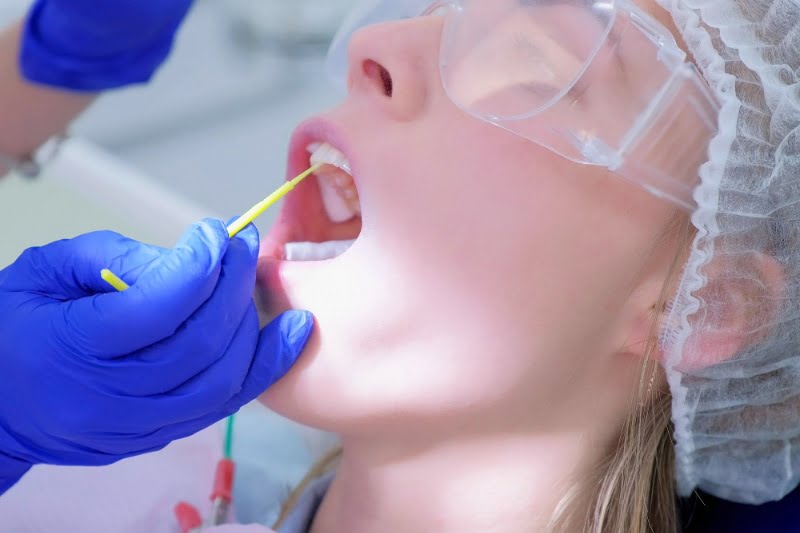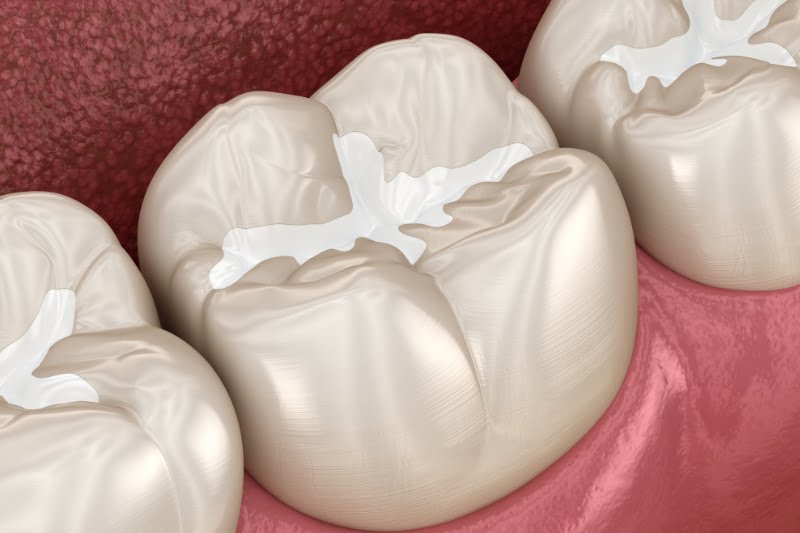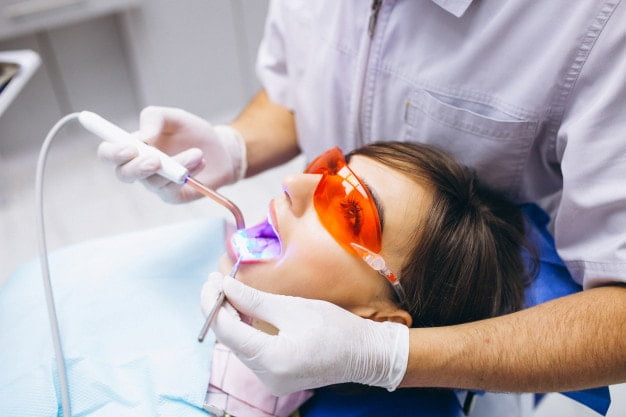Why do children need to visit dentist from young?
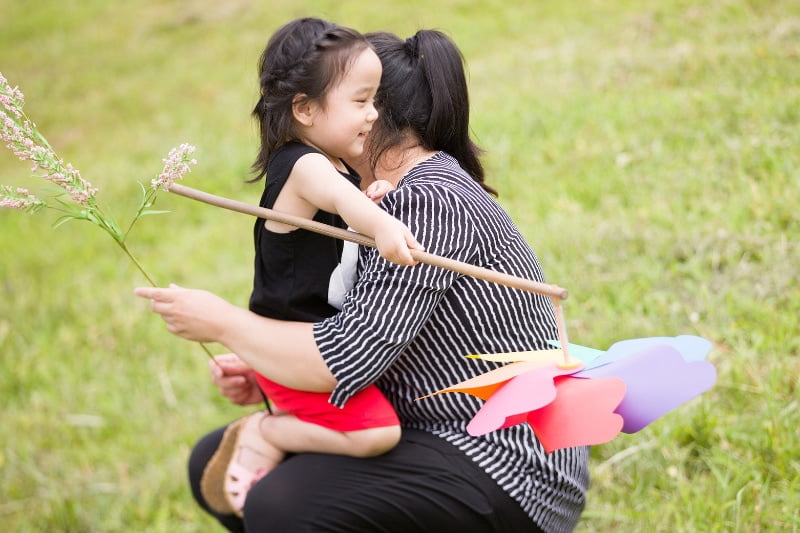
Children can be prone to poor oral hygiene and teeth decay.
Most toddlers and children under six have not developed their motor skills fully. This affects how they hold their toothbrushes, their brushing techniques which often lead to inadequate brushing. Poor feeding habits, like leaving milk bottle overnight with the baby, along with the exposure to sugary food contribute to the quick build-up of harmful bacteria around the teeth and causes teeth decay.
These dental issues put toddlers and children highly vulnerable to frequent tooth decay and dental caries, which may also lead to other dangerous health complications.
Maintaining the health of baby teeth is important to grow healthy permanent adult teeth.
While the permanent adult teeth will eventually replace primary teeth (“baby” teeth), many may not have realised that baby teeth have important functions. The last baby teeth need to hold their place up till the age of 12 to 13. Losing them prematurely may cause alignment problems with the teeth and affect facial development.
Besides serving as space holders for permanent teeth, primary teeth are also important for eating, speech development and facial appearance. Having healthy baby teeth will usually promote better eating habits which help the children to grow an healthier set of adult teeth.

HOW OFTEN SHOULD THE CHILD VISIT THE DENTIST?
- Toddlers (0-3 years)
The primary set of teeth emerges from the front to the back of the mouth
- Pre-schoolers: 4-6 years old
Erupting of permanent teeth will push down on the roots of the primary teeth, causing the roots to dissolve. Primary teeth will lose their roots slowly and become shaky. Eventually the primary teeth will drop and will be replaced by permanent teeth. The process is known as exfoliation.
- School-age children: 7-12 years old
Exfoliation will repeatedly occur from 6 to 12 years old. By the age of 12 or 13, only the permanent teething will remain.
When should I bring my child for his/her first dental check-up?
Singapore Pediatric Dentistry Society recommends parents to bring their children for their first dental check-up within the first year of age.
During the check-up, the dentist will assess the child’s oral health and recommend individualised oral home care programme based on his/ her risks of developing tooth decay. The dentist will also advise the frequency of the visits based on the child's oral condition.
PREPARING YOUR CHILDREN FOR THE DENTAL TREATMENT
What to expect from your child's first visit to the clinic?
Our dentists are great friends to the kids! We'll start by building rapport by chatting with them to get them comfortable in a new environment. Besides, our Punggol clinic has an playing area for children and picture books to keep them occupied!
However, it is natural for children to be afraid of dental treatment. Give them some time and you will see them settle in after a few visits.

Dental Treatments and Restoration for Children
Prior to the treatment
Before our dentist begins the treatment, we will help the children to understand in simple terms why they should and feel better by taking good care of their teeth.
COMMON DENTAL RESTORATION AND TREATMENTS FOR CHILDREN
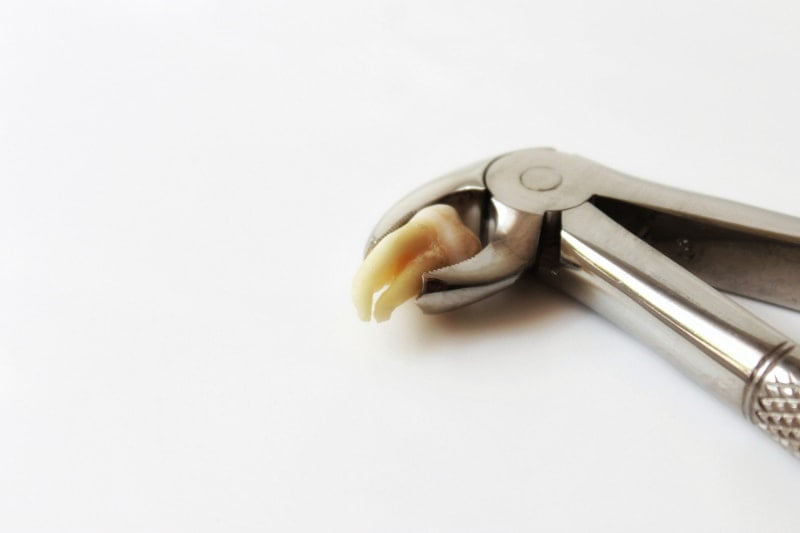
Tooth Extractions
If the tooth is damaged/decayed beyond repair, the tooth will be extracted
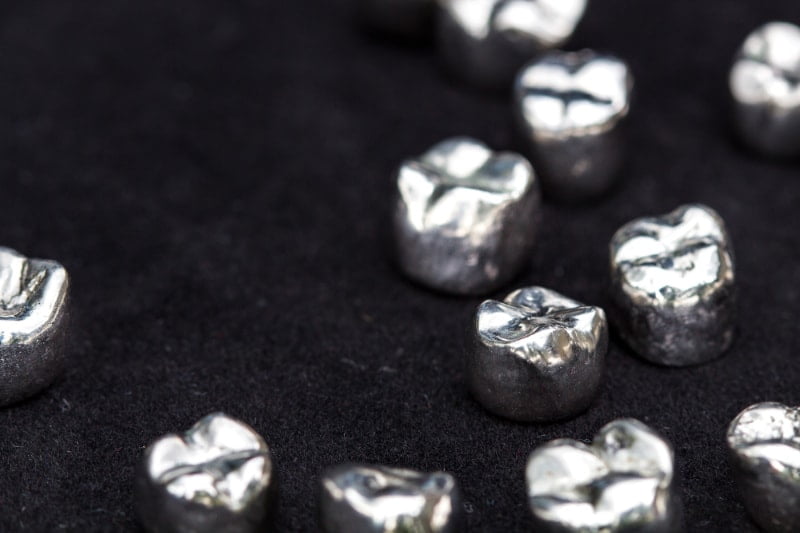
Stainless Steel Crowns
These crowns are used to reinforce the weakened primary tooth for better bite and chew.
After treatment
Follow up visit
After the treatment, our dentist will work with the parents and the patient on the subsequent dental care and visits to reduce the risk of the patient developing tooth decay. For the frequency of the visits, our dentist will advise as accordingly.
Inculcate Good Oral Habits
Treatment alone is never enough to have a healthy set of teeth. We have to encourage our children to practice good oral habits from young. That's why our dentists will dedicate time after every treatment to go through proper brushing techniques and other teeth caring habits to ensure they can take care of their own teeth when they grow up.
How can you take care of your child's teeth?

At AllSmiles, our dentists focus on delivering the most gentle, comfortable and reassuring dental care to children with their dental needs in mind.
We understand that children respond best when we give them patience, humour, gentleness and respect. Come and visit us and let us help your children keep their teeth for a lifetime.

